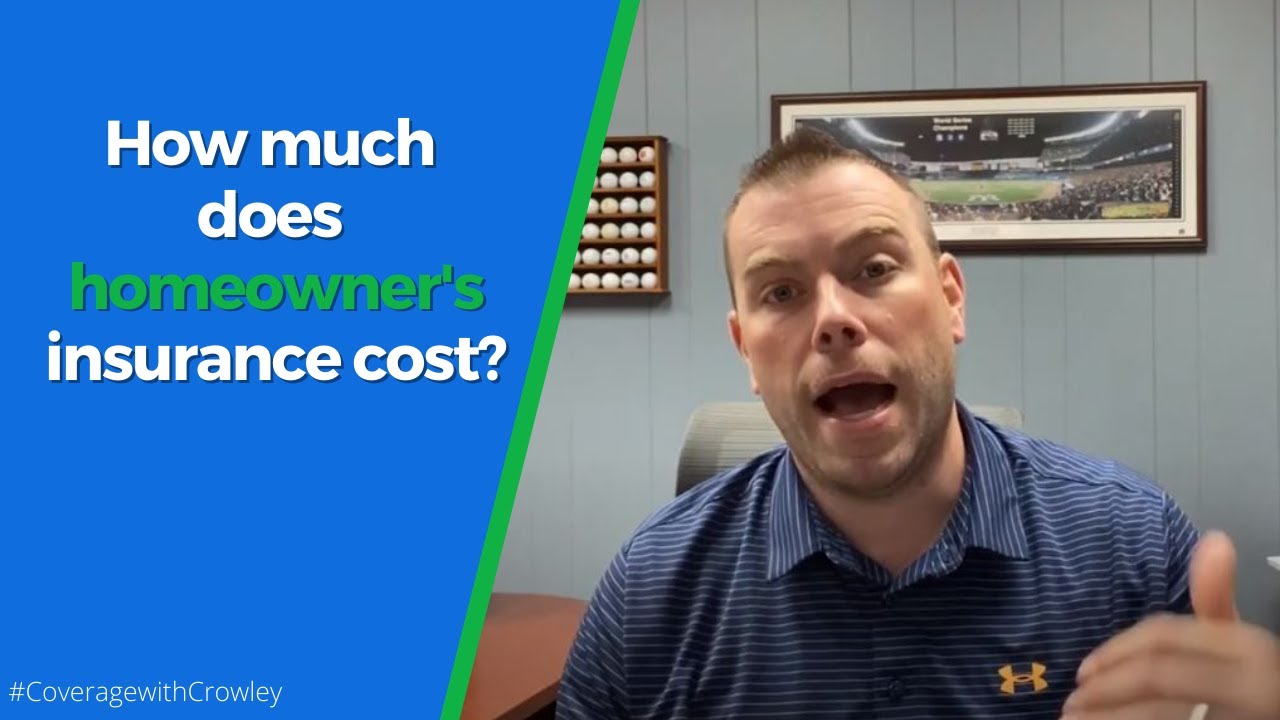Homeowners insurance is a type of insurance that covers the physical structure of a home, as well as the contents inside it. It is usually required by lenders when you purchase a home and is typically included in your mortgage payment. Homeowners insurance can also cover liability for any accidents or injuries that occur on your property. Knowing how much homeowners insurance costs for a $400,000 home can help you budget for this important purchase.
Average Cost of Homeowners Insurance for a $400,000 Home
The average cost of homeowners insurance for a $400,000 home is $1,200 to $2,400 per year. This cost varies based on a variety of factors, such as the age of the home, the location of the home, and the type of coverage you choose. Some insurance companies may offer discounts if you bundle your homeowners insurance with other policies, such as auto insurance.
Factors That Affect Homeowners Insurance Cost
There are several factors that can affect the cost of homeowners insurance for a $400,000 home. Some of the most common factors include:
- Age of the home: Older homes typically cost more to insure because they are more likely to need repairs or replacements.
- Location: Homes located in areas prone to natural disasters, such as floods or earthquakes, will usually cost more to insure.
- Type of coverage: The type of coverage you choose can affect the cost of your homeowners insurance. For example, you may opt for higher liability limits or additional coverage for valuable items.
- Deductible: The deductible is the amount of money you must pay out of pocket before your insurance kicks in. The higher your deductible, the lower your premiums.
What Does Homeowners Insurance Cover?
Homeowners insurance typically covers the following:
- Dwelling coverage: This covers the cost of repairing or rebuilding your home in the event of a disaster, such as a fire or flood.
- Personal property coverage: This covers the cost of replacing your personal belongings, such as furniture and electronics, in the event of a covered loss.
- Liability coverage: This covers the cost of any legal fees and medical bills if someone is injured on your property.
- Additional living expenses: This covers the cost of additional living expenses, such as hotel stays, if you need to temporarily relocate due to a covered loss.
Optional Coverage
In addition to the basic coverage listed above, there are several optional coverages you may want to consider for your $400,000 home. These include:
- Umbrella liability coverage: This provides additional liability coverage above the limits of your homeowners policy.
- Flood insurance: This covers the cost of repairing or replacing your home and personal belongings if they are damaged by flooding.
- Earthquake insurance: This covers the cost of repairing or replacing your home and personal belongings if they are damaged by an earthquake.
- Scheduled personal property coverage: This provides additional coverage for valuable items, such as jewelry, artwork, or antiques.
The cost of homeowners insurance for a $400,000 home will vary based on a variety of factors, including the age of the home, the location of the home, and the type of coverage you choose. It is important to understand what is covered by your homeowners insurance policy and what optional coverages you may need to protect your home and belongings. By understanding the cost and coverage of homeowners insurance, you can make an informed decision when it comes to protecting your home.

